- China, Australia satisfied with first contact of trade sector chiefs
- China expects Australia to create a non-discriminatory business environment for Chinese companies
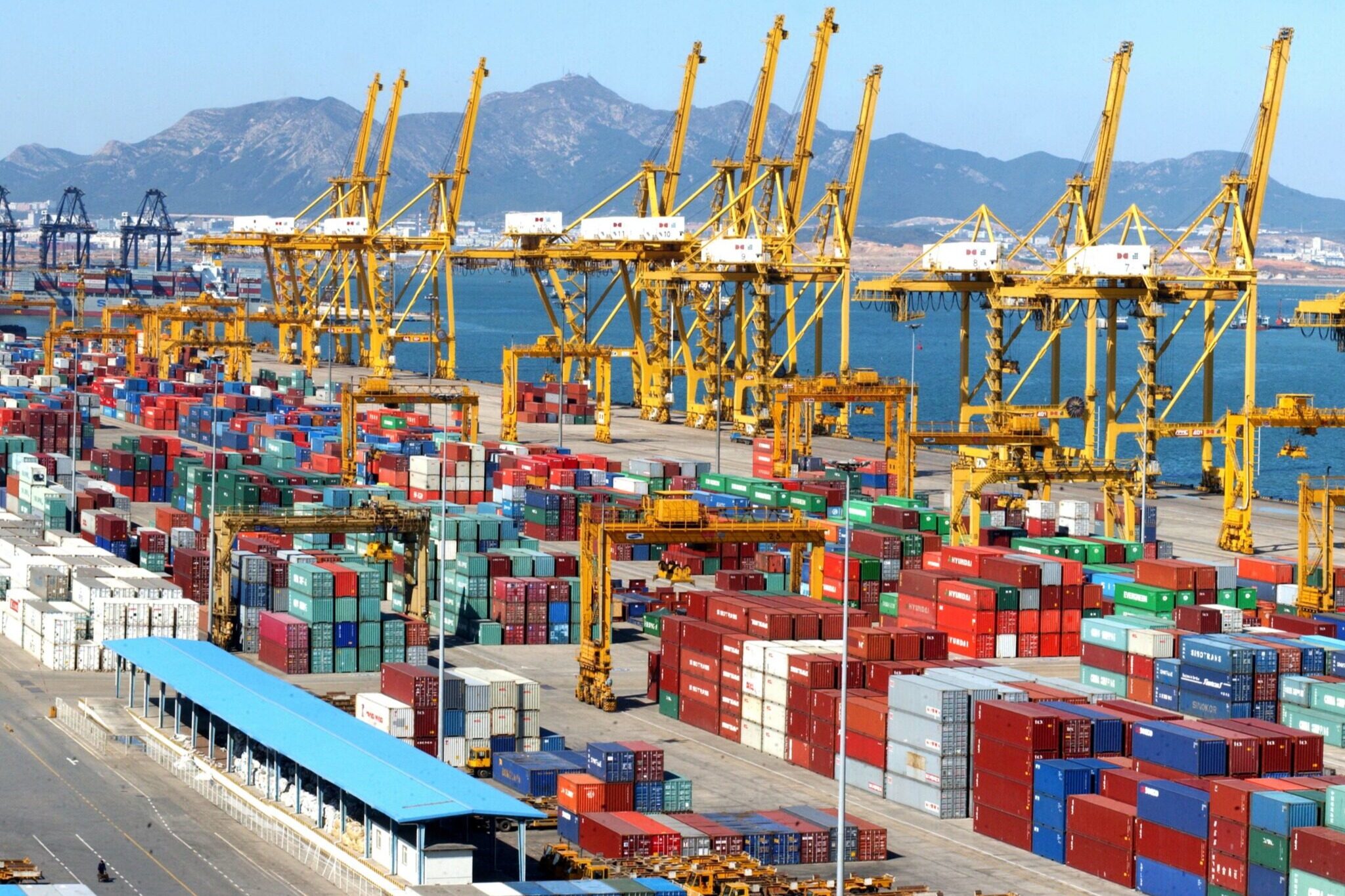
According to the Chinese Ministry of Commerce, China and Australia conducted professional, pragmatic and candid exchanges on the implementation of the important consensus reached by Chinese and Australian leaders in Bali in November. Minister of Commerce Wang Wentao held a video meeting with Australian Trade Minister Farrell on Monday. This was the first meeting between the two departments since 2019 and lasted a total of 90 minutes. During the talks, Wang Wentao confirmed that China is willing to restart the economic and trade exchange mechanism with Australia. China's genuine desire to promote good commercial relations with Australia appears to have convinced Australian ministers. He said he would soon go to Beijing to meet his colleagues.
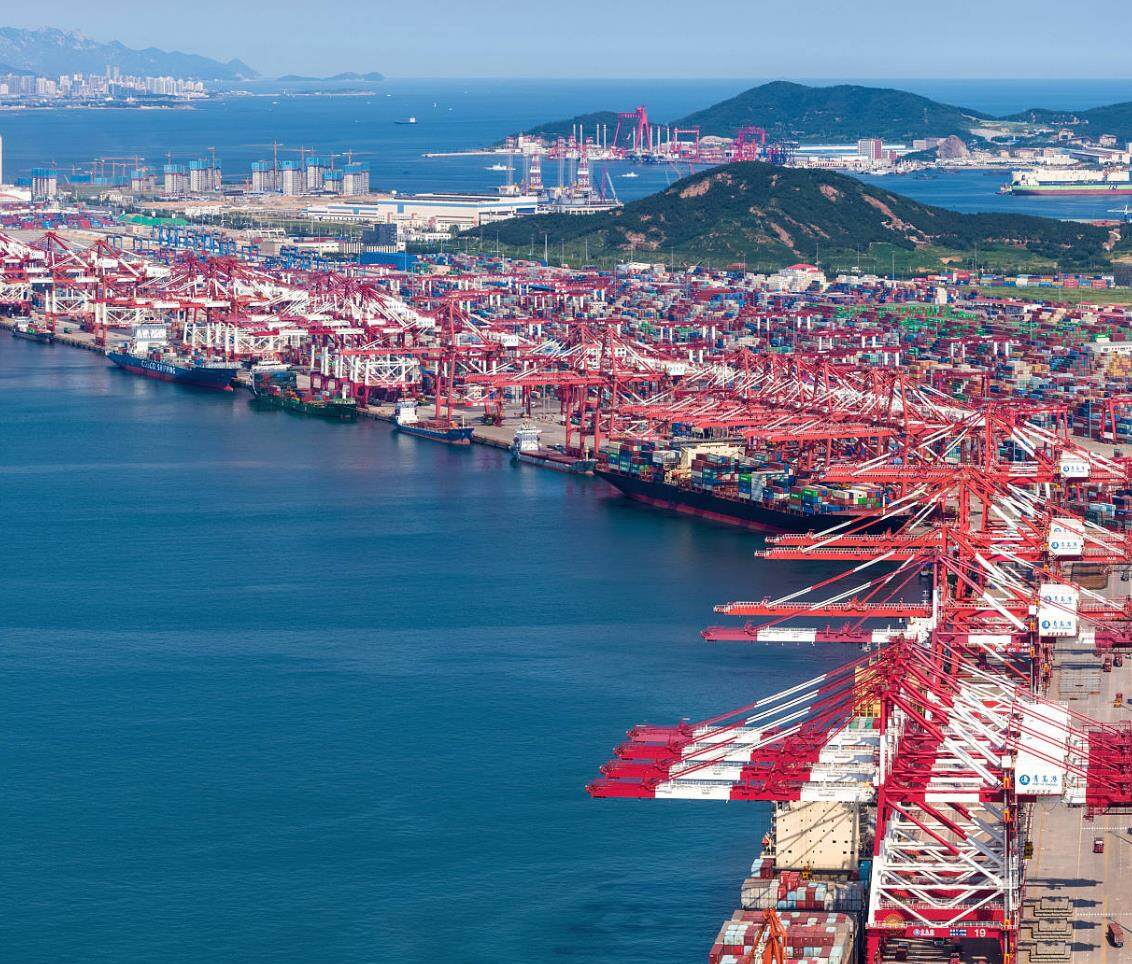
Professor Chen Hong, director of the Australian Studies Center of East China Normal University, said that the Australian government did not blindly follow the anti-China trend of the United States, but insisted on promoting the improvement of relations with China. Professor Chen Hong said that the meeting between Chinese Minister of Commerce Wang Wentao and Australian Trade Minister Farrell was held against two backgrounds. One was the improvement of Sino-Australian relations after the summit between the leaders of the two countries in Bali last year. It is being vigorously promoted from the top down. The second background is that the international environment is full of uncertainties, and the West's suppression of China continues unabated. Against such a background, this meeting shows that, on the one hand, the improvement of the relationship between China and Australia has begun to be implemented and has entered a substantive stage. The relevant functional departments of the two countries have begun to negotiate ways to solve existing problems. A clear signal is that the economic and trade disputes between the two countries are not structural contradictions, but temporary differences that can be resolved through negotiation. On the other hand, as the West has strengthened its suppression of China, especially after the "balloon incident", China and Australia are still conducting positive and constructive dialogues by means of communication and exchanges. The Australian government has not blindly followed the anti-China trend of the United States, but insisted on promoting the improvement of relations with China. This meeting is a dialogue between the ministers of commerce and trade of the two countries. It is impossible to negotiate and resolve all contradictions and disputes in this meeting. However, the statement after the meeting stated that the two countries will carry out cooperation in traditional fields and a series of new fields. Economic and trade cooperation is the ballast stone and booster of Sino-Australian relations. We can expect that the improvement and strengthening of the economic and trade relations between the two countries has entered the track.
Australian Prime Minister Albanese made it clear at a joint press conference with New Zealand Prime Minister Hipkins in Canberra that rebuilding commercial relations with China is a national priority. He called yesterday's ministerial talks productive and said it was in Australia's national interest to have a good economic and trade relationship with China.
Artyom Galin, an expert at the Southeast Asia, Australia and Oceania Center of the Institute of Oriental Studies of the Russian Academy of Sciences, said in an interview with the Russian Satellite News Agency that China will not allow Australia to participate in anti-China campaigns while making money in the Chinese market.
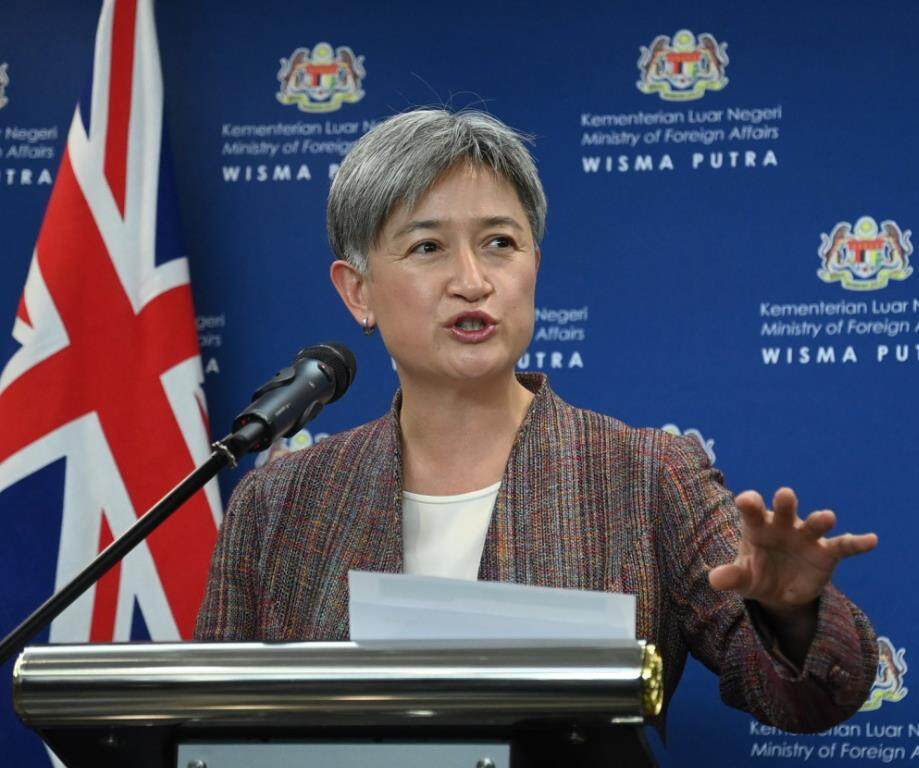
Artyom Garin said during the election campaign Labor had made resolving the conflict with China one of its foreign policy tasks. But some nuances are especially important right now. The resolution of trade frictions will require very serious efforts. Australia is an ally of the United States, a member of AUKUS, and a rival of China. To develop trade relations, make money from trade with China, and improve national well-being, but at the same time participate in the US anti-China strategy is a dead end for Australia. Sooner or later, it will have to make a choice - either to gain long-term and medium-term benefits from establishing an equal trade relationship with China, or to gain some short-term benefits from blindly following the US's anti-China policy. But China obviously will not allow Australia to make money from trade, while at the same time cooperating with the US policy of containing China.
During the meeting with the Australian Foreign Minister, Wang Wentao expressed extreme concern about Australia's strengthening of security inspections on Chinese companies investing and operating in Australia. The Chinese minister said Beijing wanted Canberra to provide a fair, open and non-discriminatory business environment for Chinese companies. Professor Chen Hong is cautiously optimistic about the prospect of solving this problem.
Expert Chen Hong said that this meeting also involves investment cooperation between the two countries. In other words, economic and trade cooperation between the two countries is not just about trade relations. Previously, the Australian Turnbull and Morrison governments followed the U.S. anti-China strategy and used investment cooperation as a tool and weapon in line with Washington’s anti-China strategy, maliciously obstructing Chinese companies’ investment activities in Australia. We expect that the Albanian government will be able to positively view the investment, mergers and acquisitions and other activities of Chinese-funded enterprises, and promote the economic and trade fields and comprehensive cooperation between the two countries. In the new year, we have reason to believe that China and Australia will continue to maintain the principle of equality and mutual benefit, and steadily improve and deepen the relationship between the two countries in various fields.
Expert Artyom Garin sees advice in Wang Wentao's statement to find a way out, with Australia deadlocked by growing anti-China hysteria at home.
Artyom Garin said that this is a frank hint from Australia that if it wants to develop trade relations with China and continue to receive dividends from its main trading partner, then it must treat Chinese investors differently. They have been under public pressure in recent years. The Chinese hinted that the interests were not unilateral. China's goal is to cooperate on an equal footing, not just to allow Australia to benefit from China. China's demand is fair, but Australia may also be at an impasse. If there were more Chinese investors, then correspondingly, there would likely be more headlines in the media and scandals related to the fact that China is suspected of influencing Australian domestic politics. In recent years, there have been many conflicts between Australia and China, and resolving these conflicts will require enormous diplomatic and strategic efforts. This process is long.
Yaroslav Zahariev, an orientalist and an expert at the ASEAN Studies Center of the Moscow State Institute of International Relations, said that in relations with China, Australia has broken out of the deadlock under pressure from the United States.
China cares about its companies investing in Australia. But with pro-American elites in power, one should not hope for great miracles. The ministerial talks between the two countries are an attempt by China to start normalization. But would the process be successful if Canberra had such a government? Impossible, because Washington will put pressure on it again, which will only make things worse for Chinese capital. In addition, Washington also suggested that Chinese capital can be directly expelled at the legislative level. Industrialists and farmers welcome Chinese capital, but a pro-American government is more likely to follow Washington's orders and shoot itself in the foot, even if it results in losses to the national economy.
Speaking at a news conference in Canberra, Albanese stressed that Australia's trade with China exceeds the combined value of Australia's next three largest trading partners, Japan, the European Union and the United States.
According to statistics from the General Administration of Customs of China, the trade volume between China and Australia in 2022 will be US$217.12 billion. Compared with the same period last year, it decreased by 0.9%. Among them, the export of Australian wine to China, its largest market, has declined. Industry group Wine Australia said exports fell from $1.3 billion to $12.4 million before China imposed tariffs on Australia's largest wine exporter in late 2020, with tariffs ranging from 116 per cent to 218 per cent, due to price dumping in the Chinese market.Editor/XingWentao
Comment
 Praise
Praise
 Collect
Collect
 Comment
Comment
 Search
Search





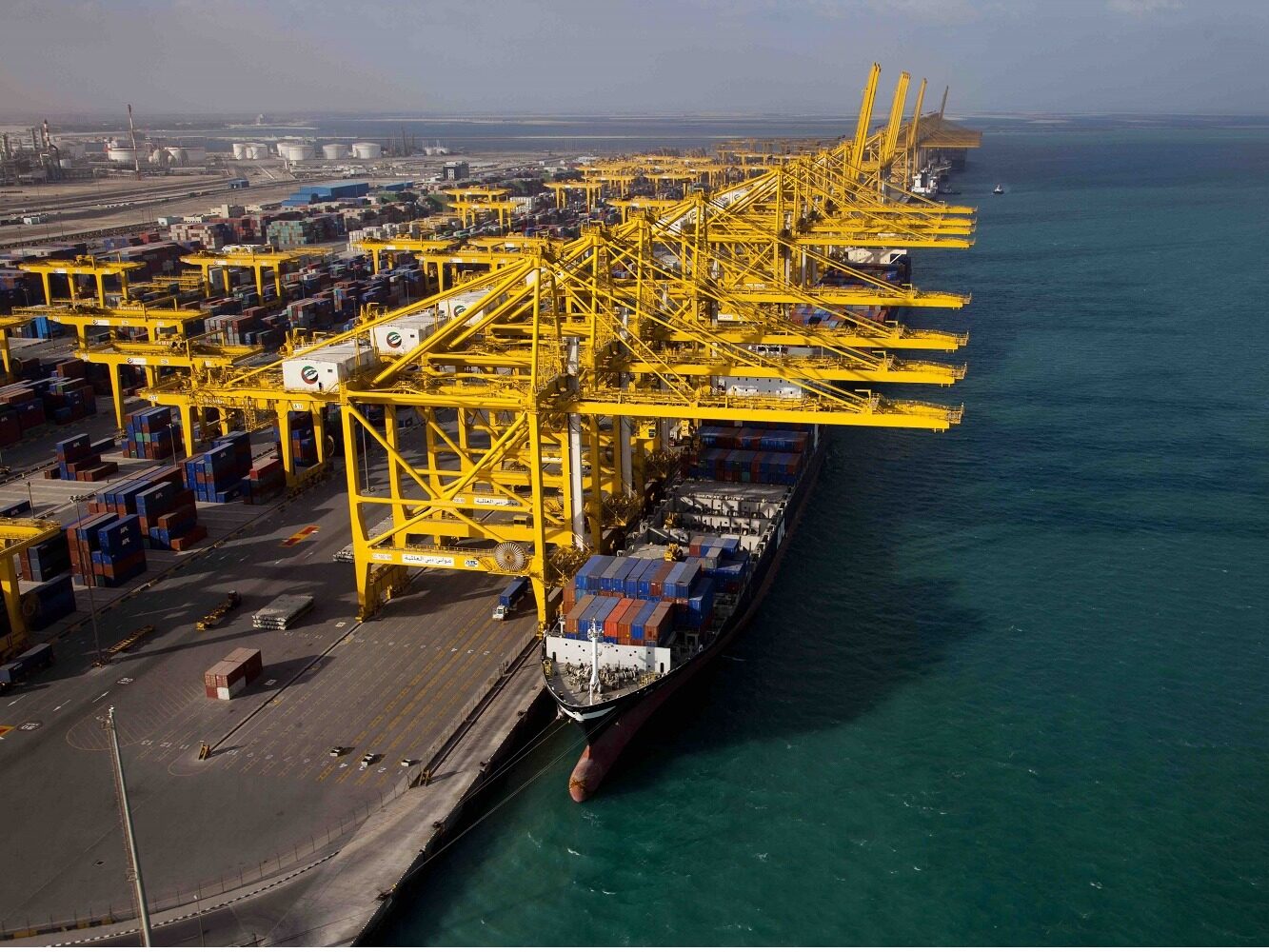
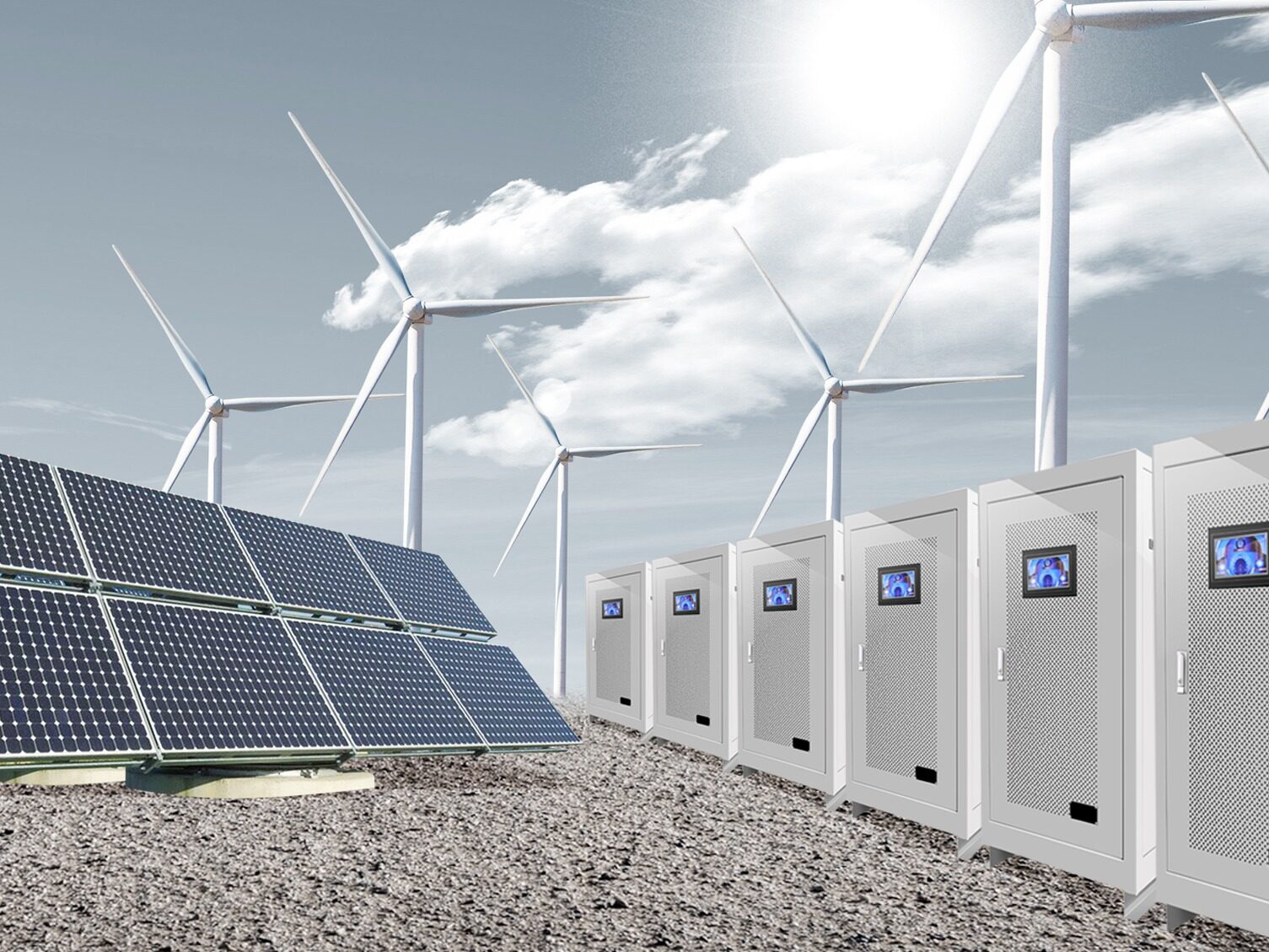







Write something~